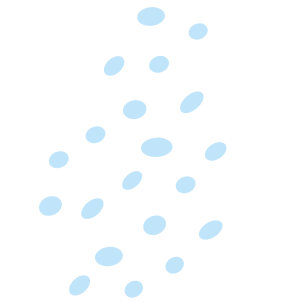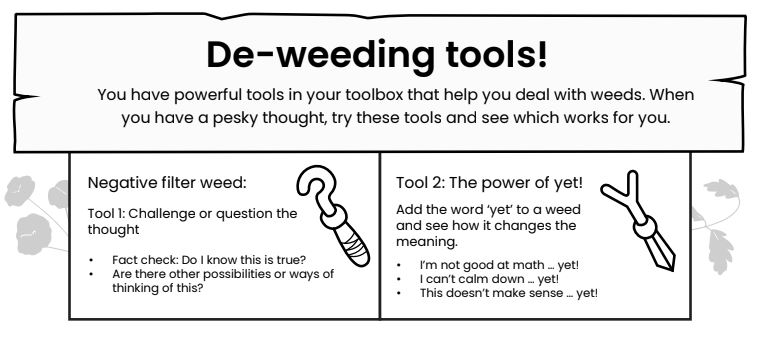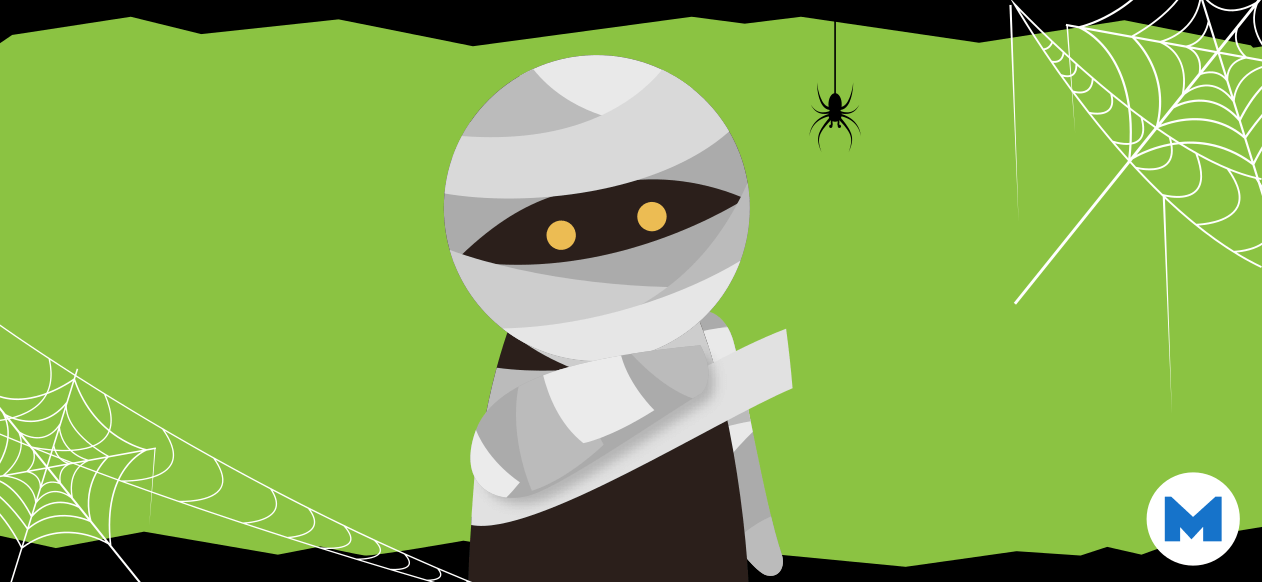Have you ever experienced a pesky, negative thought running through your head? Something like “I’m not good enough,” “Those people were definitely laughing at me,” or “Someone else would be better qualified.” We all have self-defeating, pessimistic thoughts at times. In fact, thoughts like this are so common that they have a name – Cognitive Distortions.
Cognitive distortions are tied to our emotional state as well as to core beliefs we hold about ourselves and how people perceive us. For example, if we feel anxious about an upcoming job interview and believe that we aren’t qualified (not because we aren’t, but because we have low self-esteem), we are more likely to expect the interview to go poorly and that we won’t get the job. We might jump to the conclusion that, “I’ll never get this job,” or think things like, “They’ll laugh me right out of the room.” Despite the possibility that we’re actually well qualified and the interviewer could love us, thoughts like this don’t set us up for success and could negatively impact how we approach that situation (because our thoughts, behaviors and emotions are all very, very, very closely connected). On the other hand, when we feel confident in ourselves and positive about something, we are more likely to think and act accordingly.
You can read more about the connection between thoughts, feelings and behaviors here.
The importance of cognitive awareness and recognizing our tendency toward cognitive distortions is important for adults and for kids. Mightier’s Skill Pack – Thought Garden – is a unit centered around exploring different types of thoughts and how those thoughts are connected to various emotional states. It introduces children to the idea of “thinking traps,” or “weeds,” which are unhelpful thoughts, misinterpretations, or assumptions children might make. A Thought Garden activities give children playful ways to explore these concepts while working within the metaphor of a garden. Kids will meet Slugo, a lavaling who also struggles with thinking traps, and practice de-weeding strategies to manage those pesky thinking traps.
You can take a look at our specific Cognitive Distortion weeds, as well as useful de-weeding (cognitive reframing) strategies, with the printable below:
Then practice tracking that connection between thoughts and emotions and using cognitive reframing strategies with our Weekly Weeder craft and activity:
















